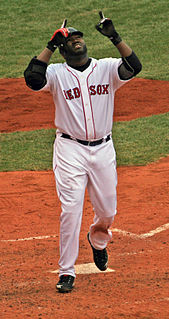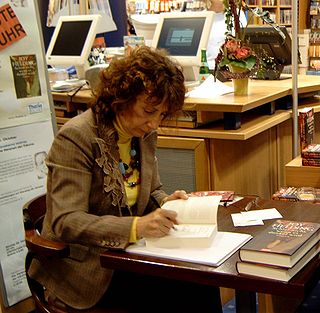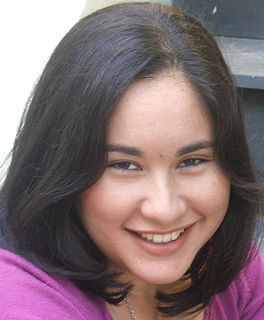A Quote by George Saunders
As a writer I'm essentially just trying to impersonate a first-time reader, who picks up the story and has to decide, at every point, whether to keep going.
Related Quotes
As soon as I start to write I'm very aware, I'm trying to be aware that a reader just might well pick up this poem, a stranger. So when I'm writing - and I think that this is important for all writers - I'm trying to be a writer and a reader back and forth. I write two lines or three lines. I will immediately stop and turn into a reader instead of a writer, and I'll read those lines as if I had never seen them before and as if I had never written them.
On a more technical level, a story takes a lot of words. And to generate words and phrases and images and so on, that will compel the reader to continue reading - that stand a chance of really grabbing a reader - the writer has to work out of a place of, let's say, familiarity and affection. The matrix of the story has to be made out of stuff the writer really knows about and likes. The writer can't be stretching and (purely) inventing all the time. Well, I can't, anyway.
As a reader, when the writer gets sentimental, you drift, because there's something fishy going on there. You recognize a moment that's largely about the writer and the writer's own need to believe in something that might not in fact exist. As a reader, you think, 'Where did the story go? Where did the person I'm reading about go?'
In my couple of books, including Going Clear, the book about Scientology, I thought it seemed appropriate at the end of the book to help the reader frame things. Because we've gone through the history, and there's likely conflictual feelings in the reader's mind. The reader may not agree with me, but I don't try to influence the reader's judgment. I know everybody who picks this book up already has a decided opinion. But my goal is to open the reader's mind a little bit to alternative narratives.
Now, as a reader, you shouldn't feel the decisions the writer makes about this DNA, or it would be boring beyond belief. But, as a writer, you're struggling to make these decisions. What should the title be? What's the first line? The point of view? And the struggle with the decisions is because you're trying to figure out WHAT IS THE NOVEL, WHAT IS THE NOVEL?
That underscored this idea that when we're reading a book or writing a book, you're in an act of co-creation. The reader and the writer are both trying to dress up and present their best selves and then there's that moment, when suddenly, as a reader, you're not exactly you anymore, and likewise, as a writer, you're not really you.



































